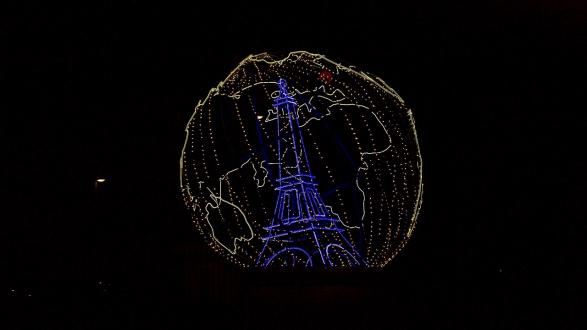Teleconference
A Situation Briefing teleconference on the 2015 United Nations Climate Change Conference in Paris, or COP21, with diplomats from over 190 nations focused on establishing a new agreement to reduce global greenhouse gas emissions.
The U.N.'s 21st annual climate change summit comes at a crucial time in the battle against global warming. Scientists have long warned that that if emissions continue to rise at the current rate, the effects will become irreversible and potentially catastrophic. According to the COP21 website, the purpose of the summit is "to keep global warming below 2°C." The major challenge is figuring out how to establish a framework that is both universal and effective. Larger countries like the United States and China have pledged to substantially reduce their emissions, but individual pledges alone will not keep the tempature level within limits that experts deem critical.
What will the climate situation look like after Paris? Will the U.N. be able to review and strengthen individual pledges over time? How will poorer countries be affected by a new global standard for reducing greenhouse gas emissions?
Featuring:
Dr. Jonah Busch, Research Fellow, Center for Global Development
Dr. Jonah Busch is a research fellow at the Center for Global Development. He is an environmental economist whose research focuses on the economics of climate change and tropical deforestation. Read more.
Ms. Jennifer M. Harris, Senior Fellow, CFR
Jennifer M. Harris is a senior fellow at the Council on Foreign Relations. Prior to joining the Council, Harris was a member of the policy planning staff at the U.S. Department of State responsible for global markets, geo-economic issues and energy security. Read more.
Moderator:
Dr. Robert J. Lempert, Director, Frederick S. Pardee Center for Longer Range Global Policy and the Future Human Condition; Professor, Pardee RAND Graduate School
Robert Lempert is a senior scientist at the RAND Corporation and director of the Frederick S. Pardee Center for Longer Range Global Policy and the Future Human Condition. His research focuses on decisionmaking under conditions of deep uncertainty, with an emphasis on climate change, energy, and the environment. Read more.




